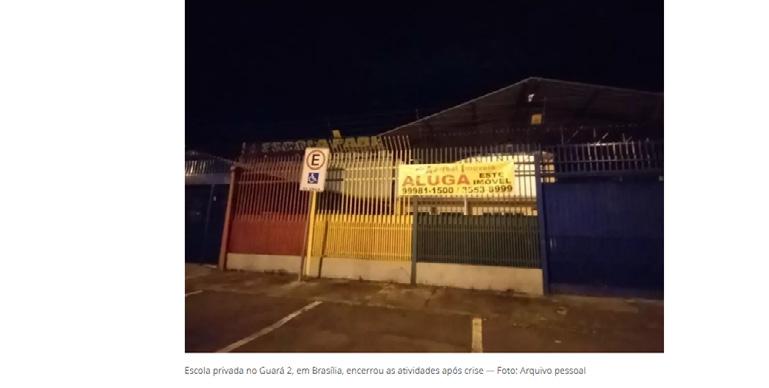
1 minute read
The impacts of the Covid-19 pandemic on the development of pre-school children
The “Impact of the Covid-19 pandemic on the development of pre-school children” study, undertaken over the course of a period covering the years 2020, 2021 (shortterm) and 2022 (medium-term), gauged how the closing of schools affected children at this educational stage, in terms of learning opportunities and development.
The study was performed using data collected from the public education systems in the municipalities of Sobral (CE) and Rio de Janeiro (RJ), under the coordination of the Educational Opportunities Research Laboratory of the Federal University of Rio de Janeiro (UFRJ). Lapope/UFRJ offered technical support to the education departments of Sobral and Rio de Janeiro.
Published in 2022, the Sobral Study looked at the short-term impacts of the closure of teaching units on pre-school children in the municipality, based upon an analysis of the data from 2020 and 2021. Data ascertained in 2019 by the UFRJ researchers and by the Foundation allowed us to undertake a comparative study of the groups of children who experienced in-person teaching (the normal context prior to the pandemic) and those who received online teaching.
This publication provided groundbreaking results about the effects of this scenario on this stage of Child Education, pointing out significant losses, particularly in languages and mathematics, amongst children suffering social isolation and the interruption of in-person pre-school activities. These losses were even greater for the children of families in situations of social vulnerability.
Also in 2022, the final pieces of data on Sobral and Rio de Janeiro were collected, considering the medium-term situation of the health emergency and the start up of inperson pre-school activities. The initial analyses of the data collected in Sobral suggested a partial return to normality, despite an unequal situation between the children from different socioeconomic backgrounds, with recovery of learning and development being slower amongst those in situations of greater social vulnerability. Feedback concerning these results was also provided to the administrators of the Education Department and school principals in the Sobral Education System in November.









